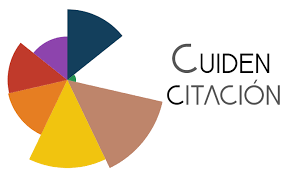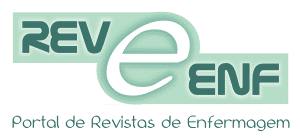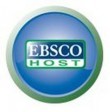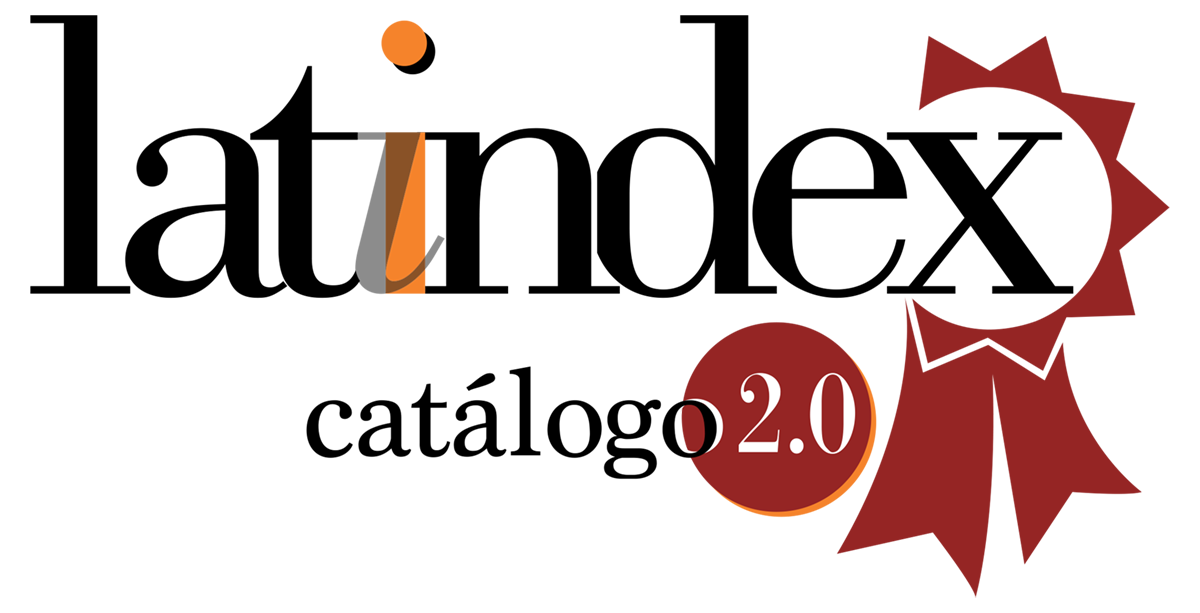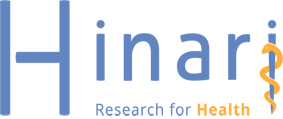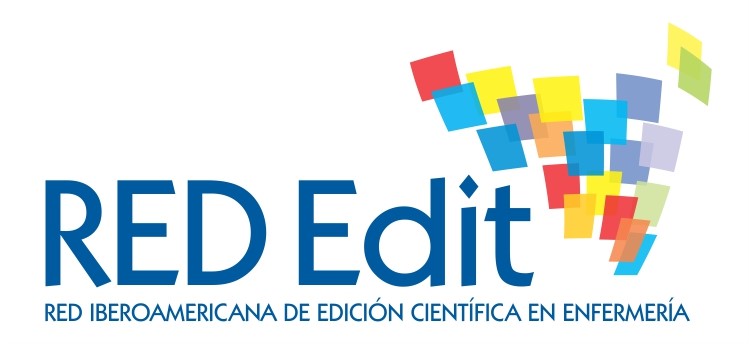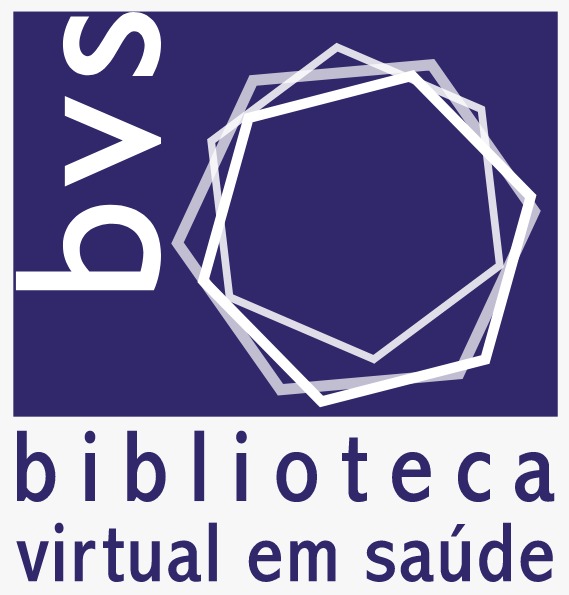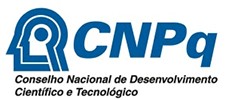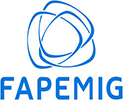Participative development of educational technology in the hiv/aids context
DOI:
https://doi.org/10.5935/1415-2762.20190084Keywords:
HIV, Nursing, Health Education, Educational TechnologyAbstract
Introduction: HIV represents a continuous and unstable worldwide phenomenon,
with different forms of occurrence, depending on individual and collective behavioral
determinants. AIDS stands out among infectious diseases, due to the amplitude and
extent of damage caused, in addition to the high mortality. The individual living
with the disease has a great impact on their lives, in the biological, personal and
social spheres, leading to changes that require daily management and readaptation.
Thus, in the health educational work process with these individuals, there is the
possibility of building and spreading knowledge and life health practices. Objective:
to build with health professionals an educational technology to mediate the health
education process in the HIV/AIDS context. Method: a qualitative research in which
data collection used the focus group technique, with use of a guide script composed
of questions related to the presentation and content of the technology. Eight
health professionals attending individuals living with HIV/AIDS in a reference unit
in Belém-Pará participated. Data were subjected to thematic analysis. Results: the
technology developed was a booklet entitled "Tips for Living Well". The themes that
emerged concern the forms of transmission, diagnostic tests, monitoring, personal,
environmental and food hygiene, and healthy eating. Conclusion: educational
technology was built, in its form and content, with health professionals. It emerged from their daily practices and showed potential use in health services
to mediate the HIV/AIDS health education work process.
Downloads
References
Orlandi FS, Praça NS. The hope of women with hiv/aids: evaluation using the herth scale. Texto Contexto Enferm. 2013[citado em 2017 jun. 20];22(1):141-8. Disponível em: http://www.index-f.com/textocontexto/2013pdf/e22-141.pdf
Freitas MIF, Bonolo PF, Miranda WD, Guimarães MDC. Interactions and the antiretroviral therapy adherence among people living with hiv/aids. REME - Rev Min Enferm. 2017[citado em 2017 jun. 20];21:e1001. Disponível em: http://www.reme.org.br/artigo/detalhes/1137
Passos TS, Hora AB, Paixão ALSS, Santos J, Almeida-Santos MA, Oliveira CCC. Health education for prevention of sexually transmitted diseases in quilombola communities. 2017[citado em 2017 jun. 20];1(10):3965-70. Disponível em: https://periodicos.ufpe.br/revistas/revistaenfermagem/article/download/14141/24370
Brasil GB, Rodrigues ILA, Nogueira LMV, Palmeira IP. Educational technology for people living with HIV: validation study. Rev Bras Enferm. 2018[citado em 2017 jun. 20];71(suppl 4):1754-9. Disponível em: http://www.scielo.br/pdf/reben/v71s4/pt_0034-7167-reben-71-s4-1657.pdf
Franco BT, Merhy EE. Trabalho, produção do cuidado e subjetividade em saúde. Textos Reunidos. São Paulo: Hucitec; 2013.
Nietsche EA, Teixeira E, Medeiros HP, organizadores. Tecnologias cuidativo-educacionais: uma possibilidade para o empoderamento do enfermeiro (a)? Porto Alegre (RS): Moriá; 2014.
Moreira CB, Bernardo EBR, Catunda HLO, Aquino OS, Santos MCL, Fernandes AFC. Elaboration of an Educational Video about Early Detection of Breast Cancer. Rev Bras Cancerol. 2013[citado em 2017 jun. 20];59(3):401-7. Disponível em: http://www.inca.gov.br/rbc/n_59/v03/pdf/10-artigo-construcao-video-educativo-sobre-deteccao-precoce-cancer-mama.pdf
Tanajura LLC, Bezerra AAC. Pesquisa-ação sob a ótica de René Barbier e Michel Thiollent: aproximações e especificidades metodológicas. Rev Eletrônica Pesquiseduca. 2015[citado em 2017 jun. 20];7(13):10-23. Disponível em: http://periodicos.unisantos.br/index.php/pesquiseduca/article/view/408
Teixeira E, Toledo RF, Jacobi PR. A pesquisa-ação na interface da saúde, educação e ambiente. São Paulo: AnnaBlume Editora; 2012.
Oliveira RCM. (Entre) linhas de uma pesquisa: o diário de campo como dispositivo de (in) formação na/da abordagem (Auto) biográfica. Rev Bras Educ Jovens Adultos. 2014[citado em 2017 jun. 20];2(4):69-82. Disponível em: https://www.revistas.uneb.br/index.php/educajovenseadultos/article/view/1059
Gatti AL, Witter C, Aranha GC, Vitorino SS. Pesquisa qualitativa: grupo focal e tervenções psicológicas com idosos. Psicol Ciênc Prof. 2015[citado em 10 mar 2017];35(1):20-39. Disponível em: http://www.redalyc.org/pdf/2820/282038428003.pdf
Bardin L. Análise de conteúdo. 4ª ed. Lisboa (PT): Edições 70; 2011.
Nascimento JC, Souza ELV, Almeida PC, Pagliuca LMF, Caetano JA. Virtual guide on ocular self-examination to support the self-care practice for people with hiv/aids. Rev Enferm UERJ. 2014[citado em 2017 jun. 20];22(6):748-52. Disponível em: http://www.facenf.uerj.br/v22n6/v22n6a04.pdf
Berardinell LM, Guesdes NA, Ramos JP, Silva MG. Tecnologia educacional como estratégia de empoderamento de pessoas com enfermidades crônicas. Rev Enferm UERJ. 2014[citado em 2017 jun. 20];22(5):603-9. Disponível em: http://www.facenf.uerj.br/v22n5/v22n5a04.pdf
Massara CL. Caracterização de materiais educativos impressos sobre esquistossomose, utilizados para educação em saúde em áreas endêmicas no Brasil. Epidemiol Serv Saude. 2016[citado em 2017 jun. 20];25(3):575-84. Disponível em: http://www.scielo.br/pdf/ress/v25n3/2237-9622-ress-25-03-00575.pdf
Pedrosa, NT; Polejack, L. Cuidado e autocuidado em oncologia: significados para profissionais e usuários. Mudanças- Psicol Saúde. 2016[citado em 2017 jun. 20];24(2):1-10. Disponível em: https://www.metodista.br/revistas/revistas-ims/index.php/MUD/article/view/6402/5475
Benevides JL, Coutinho JFV, Pascoal LC, Joventino ES, Martins MC, Gubert FA, et al. Development and validation of educational technology for venous ulcer care. Rev Esc Enferm USP. 2016[citado em 2017 jun. 20];50(2):309-16. Disponível em: http://www.scielo.br/pdf/reeusp/v50n2/pt_0080-6234-reeusp-50-02-0309.pdf
Teles LMR, Oliveira AS, Campos FC, Lima TM, Costa CC et al. Development and validating an educational booklet for childbirth companions. Rev Esc Enferm USP. 2014[citado em 2017 jun. 20];48(6):977-84. Disponível em: http://www.scielo.br/pdf/reeusp/v48n6/pt_0080-6234-reeusp-48-06-0977.pdf
Nascimento MHM, Teixeira E. Educational technology to mediate care of the “kangaroo family” in the neonatal unit. Rev Bras Enferm. 2018[citado em 2017 jun. 20];71(suppl 3):1370-7. Disponível em: http://www.scielo.br/pdf/reben/v71s3/pt_0034-7167-reben-71-s3-1290.pdf
Coelho AC, Barros ALBL, Matheus MCC, Domingues TAM. Risk factors of coronary artery disease in family members living with acute coronary patients. REME - Rev Min Enferm. 2016[citado em 2017 jun. 20];20:e963. Disponível em: http://www.reme.org.br/exportar-pdf/1099/e963.pdf
Published
Issue
Section
License
Copyright (c) 2019 Reme: Revista Mineira de Enfermagem

This work is licensed under a Creative Commons Attribution 4.0 International License.




